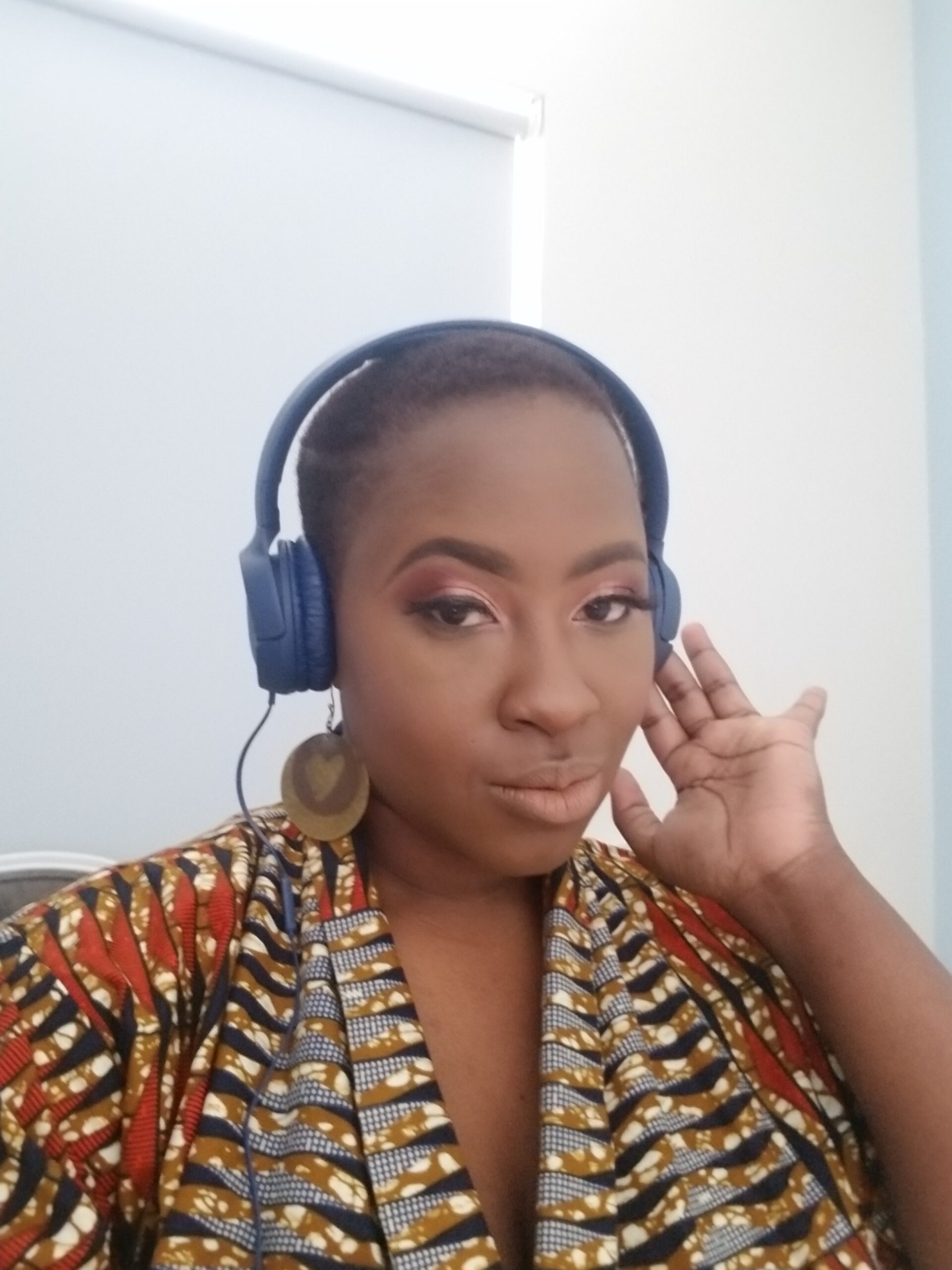You can upgrade your phone, your television, your car and even your vagina (see: vaginoplasty).
It is all about the “up-to-date”, the next best thing. We have become a world that needs it young, fresh and new.
The passing of poet, activist and Maya Angelou brought to the forefront of people’s minds the wealth of knowledge that had passed on with her death. Articles have come out talking about how they regret that they will never know her, talk to her, find out even more about her.
Suddenly everyone is dusting off their poetry books, trying to find all seven of her biographies online and every woman is now currently quoting Phenomenal Woman as their day-to-day mantra.
The same happened when Chinua Achebe passed. Suddenly there was no other reading material other than Things Fall Apart. When Mandela died we whipped out the quotes, Wangari Maathai left us and we all had heart palpitations for trees.
We reacted like this because we mourned the loss of something powerful and it was not because they were beautiful and young and fresh, but because of the respect their years on earth had garnered them.
Their ages had granted them vast experience.
Various cultures have ways of seeing aging. A Huffington Post article looked at how different cultures looked at the aged which wildly affected the way we saw the old and in turn treated them.
In Greek culture being called “old” is not an insult. In Korea, aging is centred in the Confucian principal of filial piety an idea rooted in the notion one must respect ones parents. The 70th birthday is known as kohCui (old and rare).
I have enough Indian friends to know that you do not just go around saying whatever you feel to elders as they are often the head of the family.
There are many instances on the continent where old age bears weight. For example the terms for grandparent/elder are synonymous with being a leader such as Mzee (old man in Swahili) or the phrase from Tonga people of Zambia which says “mungu munene uvumbwa matu” which translates to “an old pumpkin must be covered in leaves”.
Plus we will not even talk about that time when you once mistakenly called an aunty by her first name. The slap still rings in your ears on cold evenings.
This way of thinking has meant that these cultures lean more towards drawing their aged in rather than discarding them.
But even though we have these moments of clarity society still holds dear the idea that youth is the ideal.
Ageing gracefully is for the weak, ageing at all is for the foolish.
The Huffington Post article did point out (repeatedly) the fact that Western culture reveres the youth. Constantly, we are told to “age gracefully” and then shown 20-something-year-olds putting on anti-ageing serums. Do you think I will not notice that that woman was born in 1983?
There seems to be genuine angst and shame surrounding the idea of ageing within popular culture.
According to psychologist Erik Erickson (yes, his parents were imaginative but hey, he made it) “the Western fear of ageing keeps us from fully living life”. He says that “lacking a culturally viable ideal of old age, our civilisation does not really harbour a concept of the whole of life”.
This mentality means that the old are shipped off to old-age homes and “care centres” where they can live out the rest of their days without assaulting those who still contribute to society.
But who is to say that the aged do not contribute?
The problem is we have forgotten the wealth of knowledge that comes with being old. Even if you lived the worst sort of life in the world due to your own mistakes you still have a far deeper well of knowledge than some young thunder cat with a PhD.
We all know that experience is the best teacher, even university teaches you that.
But the idea holds dear that youth and maintaining it are at the centre of existence and this manifests itself in many ways. But then again we have our dark moments.
Soul (a Cape Town-based NGO) conducted research, which showed that within a certain area (details withheld to protect participants) there were high levels of sexual abuse, where grandchildren were sexually abusing their grandparents and even in some cases “renting them out” for sex. This was a wide-spread problem.
In South Africa the abuse of elderly people is set to rise. It is not only sexual abuse that older people suffer but financial, physical, psychological and social abuse.
TLC has a show called Iyanla: Fix My Life a show in which an older African-American, who has literally been through everything (rape, divorce, the death of a daughter, a beef with Oprah and bankruptcy), uses all that this has taught her to help others.
She doesn’t do it because she has a degree in psychology, she does it because she has an advanced degree in life.
Do not wait until an older person passes before mining the wealth of knowledge they have. Now that Angelou has passed on we may never have another woman who teaches us to what extent we are “phenomenal“. The grandmother who you have not spoken to in years has just a deep a wealth of knowledge, just because she cannot work an iPad doesn’t mean she does not.
Old people have a great deal of knowledge to share, real gold that cannot be googled.



